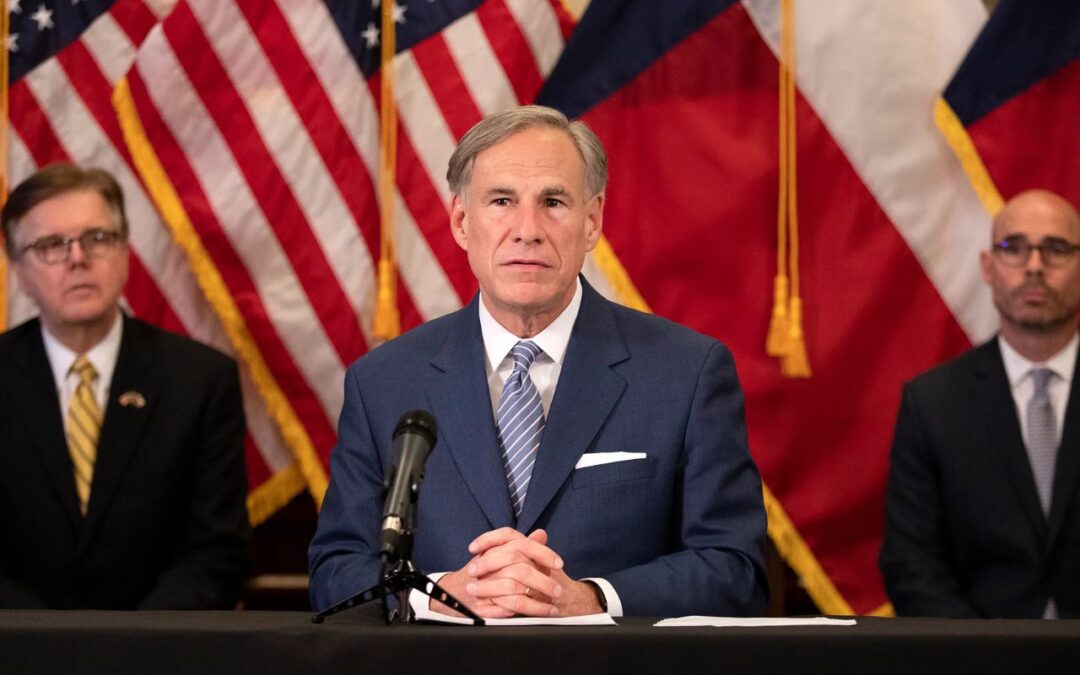Synopsis: Texas becomes first U.S. state to deploy public funds into Bitcoin , investing $5 million in BlackRock’s iShares Bitcoin Trust (IBIT) at about $87,000, as part of a $10 million strategic reserve plan.
Texas has made a bold move into the world of digital assets, buying $5 million worth of BlackRock’s Bitcoin ETF (IBIT) on November 20, 2025. This marks the first time a U.S. state has directly invested public funds into Bitcoin as part of a formal strategic reserve.
The purchase comes at a time when Bitcoin’s price has dipped to around $87,000, making it a classic “buy the dip” moment. Texas officials say this is just the beginning, with another $5 million set aside for direct Bitcoin holdings once the state finalizes its self-custody plans.
Texas Takes the Lead
Texas is now the first U.S. state to allocate public funds to a Bitcoin reserve. The $5 million investment was made through BlackRock’s iShares Bitcoin Trust (IBIT), a spot Bitcoin ETF that provides regulated exposure to the cryptocurrency without direct ownership.
This approach allows Texas to comply with existing legal requirements while building its crypto strategy. The move is part of Senate Bill 21, which established the Texas Strategic Bitcoin Reserve and authorized the state to acquire and hold Bitcoin using surplus funds.
The purchase was executed at an average price of $87,000 per Bitcoin, capitalizing on a market dip after Bitcoin’s price fell from over $120,000 earlier in the year. Lee Bratcher, president of the Texas Blockchain Council, described the move as “buying the dip” and praised the state’s investment team for timing the market.
Bratcher noted that Texas will eventually self-custody its Bitcoin holdings, but for now, the ETF serves as a placeholder while the state finalizes its custodial arrangements.
Why Texas Chose Bitcoin
Texas officials see Bitcoin as a valuable tool for hedging inflation and diversifying the state’s financial assets. The Strategic Bitcoin Reserve aims to position Texas as a leader in cryptocurrency policy and economic innovation.
Governor Greg Abbott signed the legislation earlier in 2025, championing blockchain technology as a driver of growth. The law mandates that any state-held cryptocurrency must have an average market capitalization exceeding $500 billion over the prior 24 months, a threshold met by Bitcoin but not by BlackRock’s IBIT.
The state’s initiative is part of a broader effort to attract blockchain companies and miners to Texas. The Lone Star State already offers tax incentives for miners and has established a state-backed blockchain council.
Texas officials have engaged with industry stakeholders to develop best practices for managing the reserve, including custodial solutions and risk-mitigation strategies. The move signals growing institutional appetite for Bitcoin, paralleling recent investments by universities and sovereign wealth funds.
What’s Next for Texas
The remaining $5 million allocated for the Strategic Bitcoin Reserve is earmarked for direct Bitcoin acquisition and self-custody. Texas plans to launch a formal request for proposals (RFP) in early 2026 to select custodians for its digital assets. This will include cold storage and multi-signature wallets to ensure security and compliance. The transition to self-custody is targeted for mid-2026, once legal, technological, and procurement frameworks are complete.
Texas officials aim to build robust infrastructure for managing its Bitcoin holdings, potentially including state-operated nodes or partnerships with firms like Fidelity Digital Assets. The reserve could grow beyond $10 million if performance benchmarks are met. State Senator Charles Schwertner has also expressed openness to including Ethereum in the reserve if it maintains a market cap above $500 billion for 24 consecutive months.
Implications for the U.S.
Texas’s move sets a precedent for state-level crypto adoption in the U.S. While other states like Wisconsin have previously invested in Bitcoin ETFs, Texas is the first to create a formal strategic reserve using public funds.
The initiative could inspire a “Bitcoin race” among states, mirroring the 19th-century land rushes. As Bratcher put it, Texas is leading “in freedom, capitalism, innovation, and Bitcoin.” For now, the reserve’s modest scale tempers hype, but its success could unlock billions in public crypto flows.
This development signals accelerating state-level crypto adoption in the U.S., with Texas leading the charge amid federal delays and growing institutional interest. The move not only supports Texas’s economy but could also inspire other states to follow suit. As Bitcoin continues to gain legitimacy as “digital gold,” Texas’s strategic reserve could become a model for public crypto investment across the country.
Written By Fazal Ul Vahab C H



